Identifying the ABC’s of Bad Habits
Let’s start with the basics. What exactly are bad habits?
Well, they’re those sneaky actions or behaviors that we do almost automatically, often without realizing it.
From nail-biting (Daniel can tell more about this 🙂 ) to excessive snacking (Guilty as charged on this one) and scratching pimples (a tough habit of Marusa).
Bad habits come in all shapes and sizes. They’re like the quirky sidekicks of our daily routines, both comforting and frustrating at the same time.
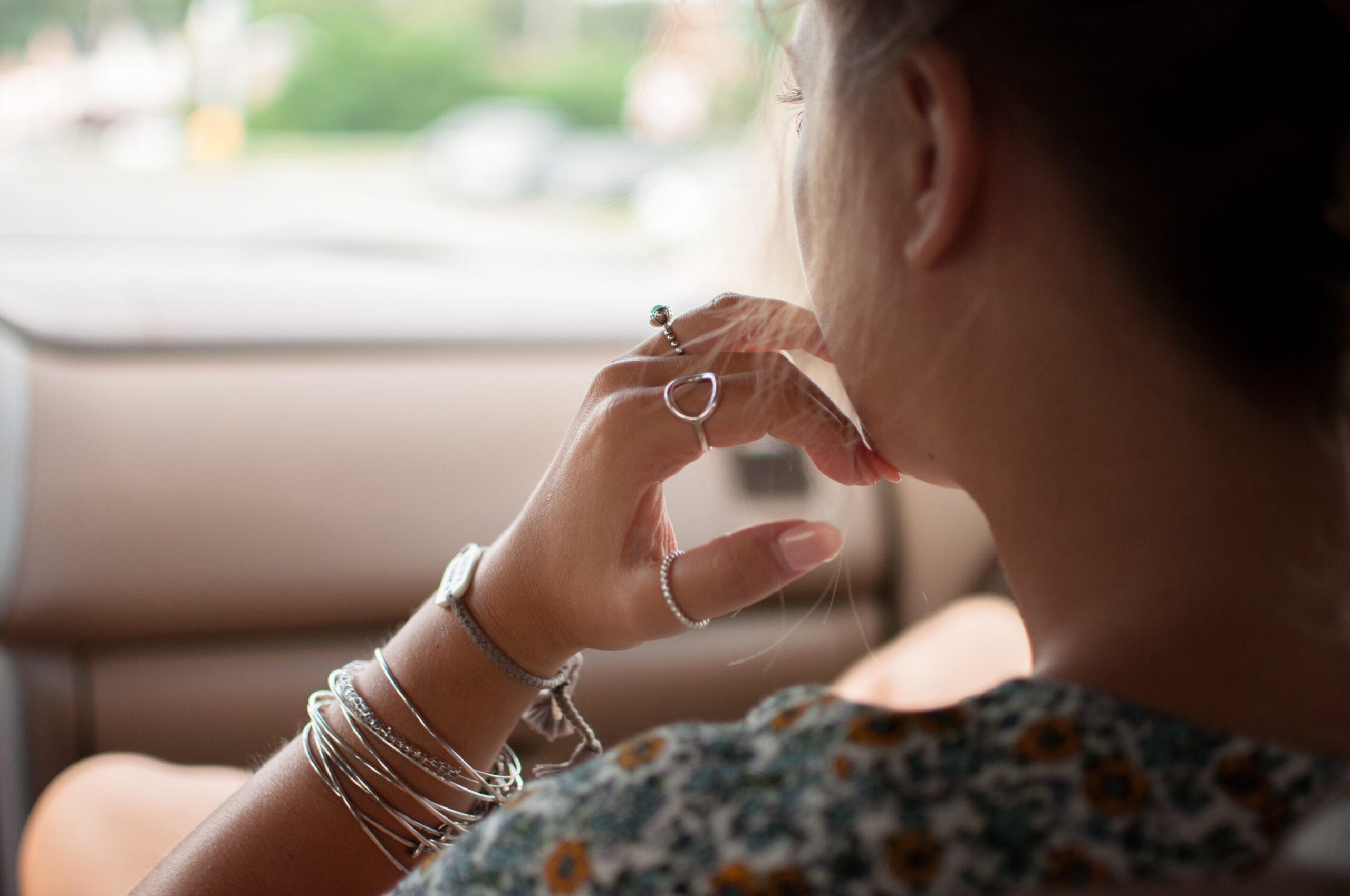
The term Habit Loop explains how the habit (good or bad) is formed and maintained:
- TRIGGER is the signal that acts as a “call to action”
- ROUTINE is the habit itself
- REWARD is the feedback that we get from performing the habit
“The Allure of Instant Gratification”
One of the main reasons we develop bad habits is because they offer us instant gratification. Let’s face it, humans love instant rewards. We’re like cute little hamsters pressing the lever for a tasty treat. When we engage in a bad habit, whether it’s eating the whole 300g chocolate bar or binge-watching our favorite TV show, our brains light up with pleasure. The release of dopamine, which is our brain’s feel-good chemical, makes us feel amazing in the moment. It’s like a quick fix for our mood or stress levels. But alas, that instant gratification often comes at a cost—hello, guilt and potential waistline expansion!
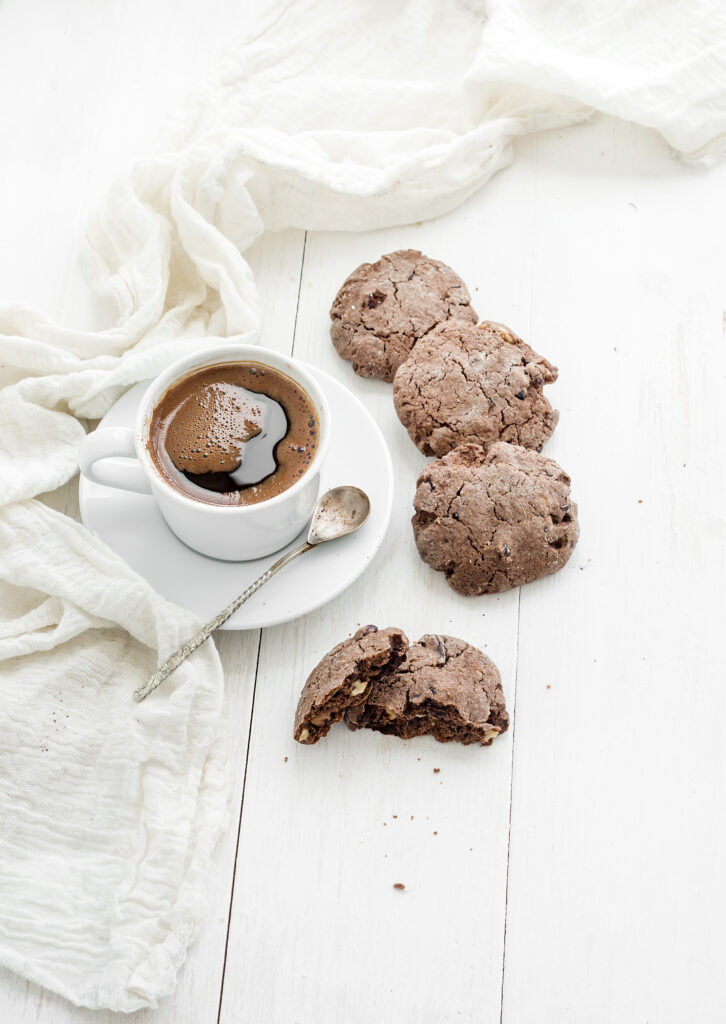
“Repetition, Repetition, Repetition”
Repetition plays a significant role in habit formation. Our brains love patterns. They’re like efficiency-obsessed creatures, always looking for ways to conserve energy. When we repeat a behavior over and over again, our brain takes notice. It thinks, “Hey, this action seems to be important. Let’s create some shortcuts!” These shortcuts come in the form of neural pathways, connections in our brain that make it easier for us to perform that action in the future. It’s like taking the highway instead of the bumpy back roads. Our brains love efficiency, but sometimes it leads us down the wrong path—hello, bad habits!
Think about the first time you tried tying your shoelaces. It was a struggle, right? But after repeating the action countless times, it became second nature. You don’t even have to think about it anymore. The same principle applies to bad habits. The more we repeat a behavior, the stronger the habit becomes. It’s like a well-worn path in the forest—hard to deviate from because it’s so familiar. That’s why breaking bad habits can be challenging. We’re trying to create new pathways while the old ones are deeply ingrained. It takes time, effort, and persistence to reroute our brain’s GPS.
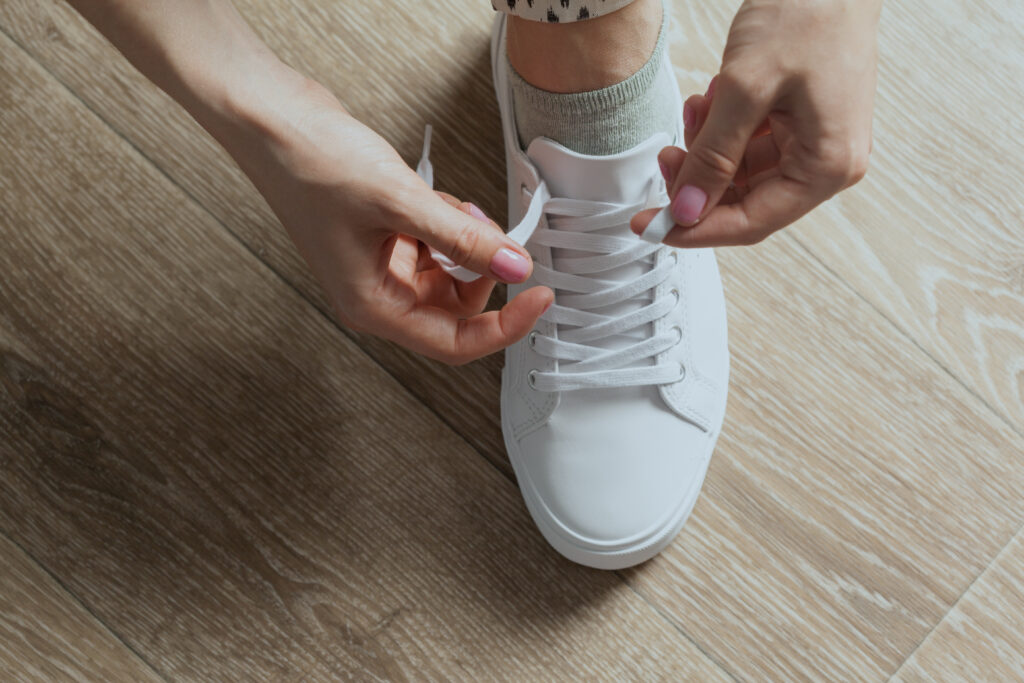
“Environmental Triggers”
Our surroundings can be powerful triggers for developing bad habits. Imagine this scenario: You’re trying to eat healthy, but you walk into the break room at work, and there, in all its glory, sits a table loaded with donuts and pastries. Your brain goes into overdrive, signaling, “Danger! Delicious treats ahead!” Suddenly, your willpower crumbles, and you find yourself devouring a sugary delight. What just happened?
Environmental cues, like seeing those donuts, can activate our habit loop. The habit loop consists of three components: the cue, the routine, and the reward. The cue is the trigger that sets the habit in motion, the routine is the behavior itself, and the reward is the payoff we receive. In this case, the donuts are the cue, eating them is the routine, and the sugar rush is the reward. Our brains become wired to associate that cue with the reward, making it harder to resist temptation. It’s like the universe is testing our willpower at every turn!
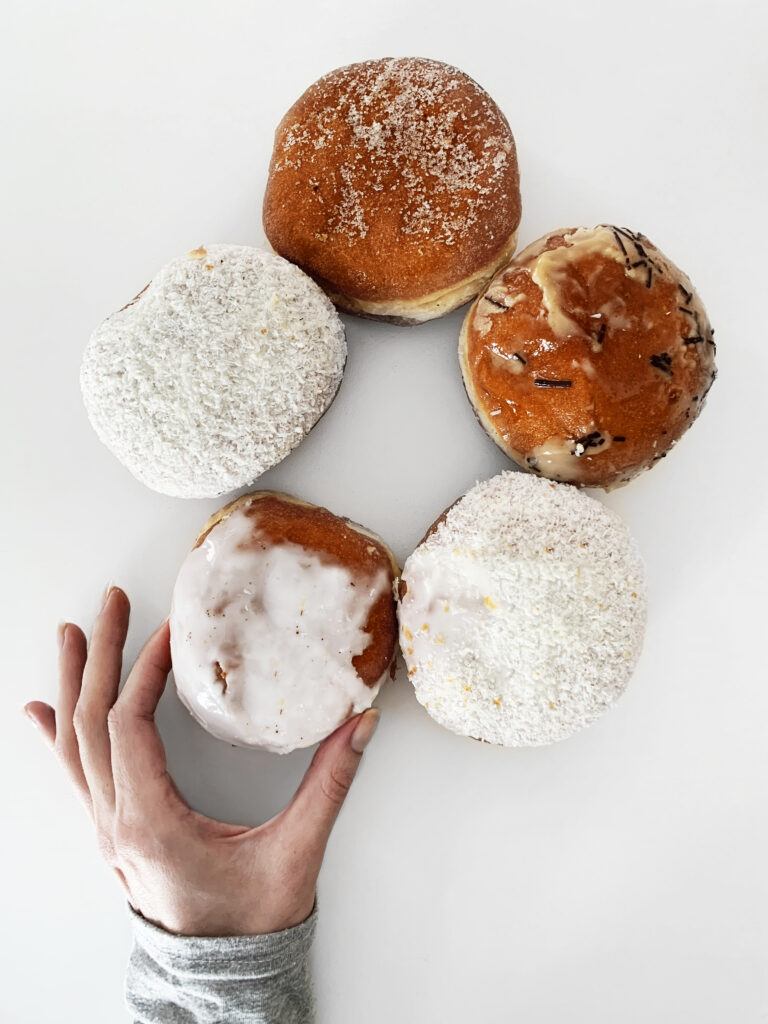
“Emotional Connection”
Emotions play a significant role in habit development. When we experience certain emotions—stress, boredom, sadness—we may seek solace in familiar habits. It’s like a comforting security blanket that temporarily put our emotional turmoil in easy mode. That late-night binge-watching session of your favorite TV show might be your way of escaping from the day’s stresses. These emotional connections can strengthen the bond with our bad habits, making them harder to break.
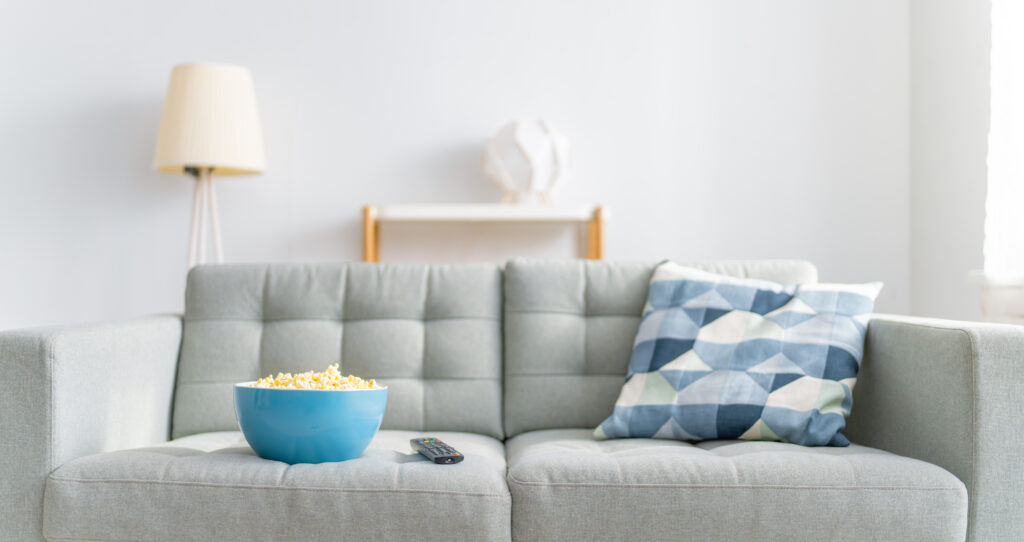
“Social Influence”
We humans are social creatures, and the people around us can influence our behavior, for better or worse. If you find yourself surrounded by friends who constantly engage in unhealthy behaviors, like smoking or excessive drinking, it becomes easier to adopt those habits as well. It’s like a contagious case of bad habit syndrome. On the flip side, surrounding yourself with positive influences can help you develop healthier habits and break free from the cycle of bad habits. That is why you have to hang out with us (Lol)
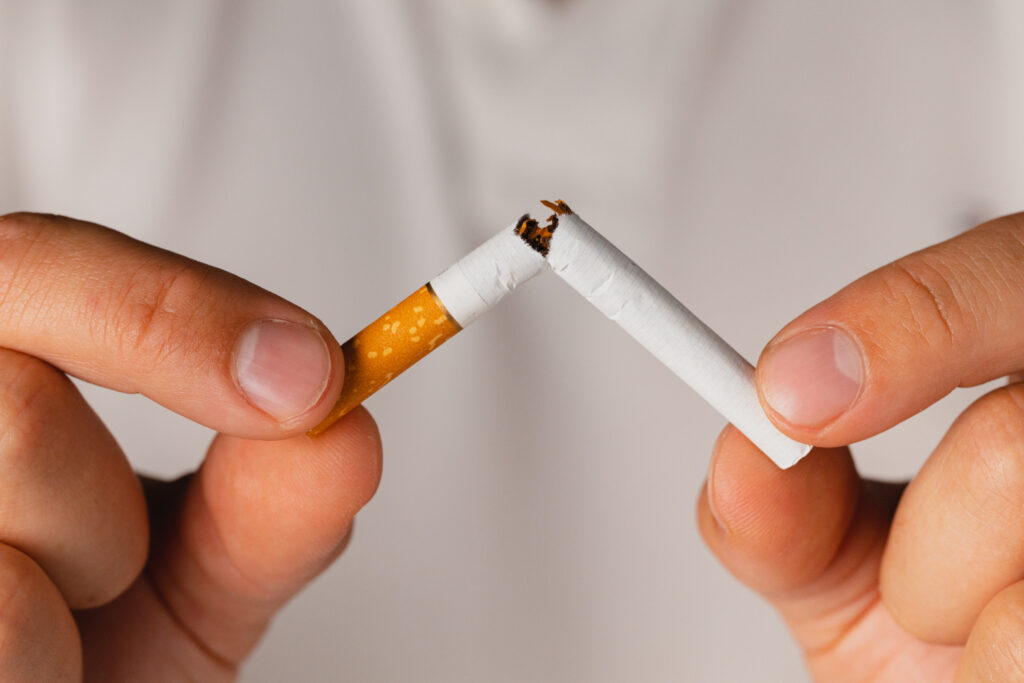
“Lack of Awareness”
Sometimes, we develop bad habits without even realizing it. They creep into our lives slowly, disguised as innocent actions, until one day we wake up and wonder how we got ourselves into this mess. We bite our nails or mindlessly scroll through social media for hours on end. These habits can become hardcoded in our routines without us consciously acknowledging them.
Understanding how we develop bad habits is the first step towards breaking free from their clutches. By recognizing the appeal of instant gratification, the power of repetition, the influence of our environment, the connection to our emotions, the impact of social influence, and the importance of self-awareness, we can begin deciphering the tangled web of our habits.

So now that we’ve gone through some of the secrets of habit development, it’s time to find the tools and techniques to break free from these naughty little devils. In the next chapter, we’ll bring to the table some habit-breaking strategies that will empower you to get rid of the bad habits that bother you and your mind so you can finally have a breakup with them.
Comments +